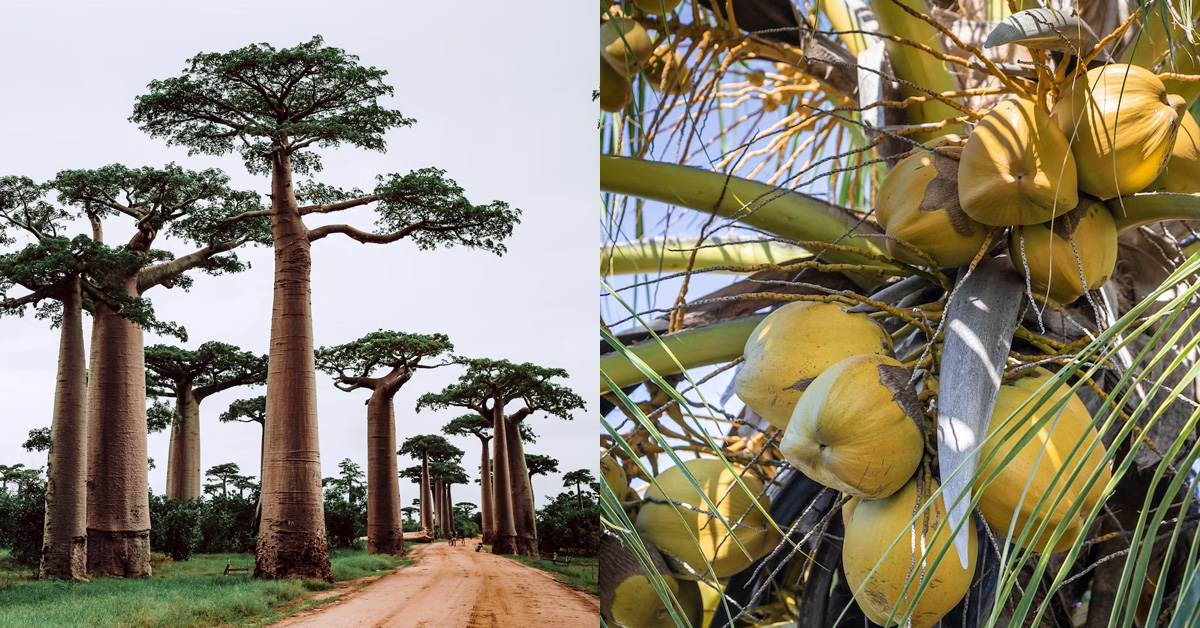Malagasy cuisine is a unique blend of African, Asian, and European influences, reflecting the island nation’s rich cultural heritage. Located off the southeastern coast of Africa, Madagascar is home to a diverse range of flora and fauna, which has greatly influenced its cuisine.
The island’s cuisine is characterized by the use of rice, meat, fish, and vegetables, as well as a variety of spices and herbs. Malagasy food is known for its bold flavors, vibrant colors, and hearty portions, making it a favorite among locals and visitors alike.
Malagasy cuisine halal or not?
Is Malagasy food halal?
Malagasy cuisine is not inherently halal as it includes dishes that contain pork and other non-halal ingredients. However, there are some halal options available in Madagascar, particularly in areas with a significant Muslim population.
It is important to check with the restaurant or food vendor to ensure that the food is prepared according to halal standards.
What kind of food do Malagasy eat?
Malagasy cuisine is diverse and influenced by the island’s geography and cultural heritage. Some common dishes include:
- Rice: Rice is a staple food in Madagascar and is usually served with various side dishes.
- Romazava: A traditional beef stew made with leafy greens, tomatoes, and onions.
- Ravitoto: A dish made with cassava leaves and pork.
- Akoho sy voanio: A chicken dish cooked with garlic, ginger, and coconut milk.
- Koba: A sweet snack made with rice flour, peanuts, and banana.
- Laoka: A side dish made with vegetables such as beans, carrots, and cabbage.
- Mofo gasy: A type of bread made with rice flour.
- Zebu: A type of beef that is commonly eaten in Madagascar.
- Samosas: A popular snack that is similar to Indian samosas.
- Fresh seafood: Madagascar is an island nation, so fresh seafood is readily available and commonly consumed.
How can you tell if the food is halal in Madagascar?
In Madagascar, halal food is available in some restaurants and food stalls. To ensure that the food is halal, you can look for the halal certification or ask the restaurant staff if the food is halal.
You can also look for restaurants that are owned by Muslims or those that advertise themselves as serving halal food.
Additionally, you can ask the local Muslim community for recommendations on where to find halal food.
Is it hard to find halal food in Madagascar?
According to research, it may be challenging to find halal food in Madagascar, especially outside of major cities. However, some restaurants and hotels in Antananarivo and other urban areas may offer halal options.
It is recommended to inquire about the ingredients and preparation methods before consuming any food. It is also advisable to bring some halal snacks and food items while traveling to Madagascar.
Is Malagasy food healthy?
Malagasy cuisine is generally considered healthy as it is based on fresh and locally sourced ingredients such as rice, vegetables, fruits, seafood, and lean meats. Traditional Malagasy dishes are often prepared with minimal oil and spices, making them low in fat and calories.
However, some dishes may be high in carbohydrates and salt, so it is important to consume them in moderation.
What is Malagasy food similar to?
Malagasy food is similar to other African and Southeast Asian cuisines, with influences from French, Indian, and Chinese cuisine. It often features rice as a staple, along with meat or fish, vegetables, and spices such as ginger, garlic, and turmeric.
Some popular dishes include romazava (a meat and vegetable stew), ravitoto (pork or beef cooked with cassava leaves), and zebu steak (beef from the local zebu cattle).
Steps to find halal food in Madagascar
Here are some general steps that can be taken to find halal food in Madagascar:
- Research: Look for information about halal food in Madagascar. Check online resources, such as travel blogs, forums, and websites that specialize in halal food.
- Ask locals: Ask locals, such as hotel staff, taxi drivers, or people on the street, if they know of any halal restaurants or food options in the area.
- Check restaurant menus: Look for restaurants that serve halal food. Check their menus or ask the staff if they have halal options.
- Look for halal certification: Look for halal certification logos or signs in restaurants or food stores. These indicate that the food has been prepared according to Islamic dietary laws.
- Bring your own food: If you are unable to find halal food, consider bringing your own food or snacks that are halal-certified.
- Be cautious: Be cautious when trying new food or eating at unfamiliar places. Always ask about the ingredients and preparation methods to ensure that the food is halal.

